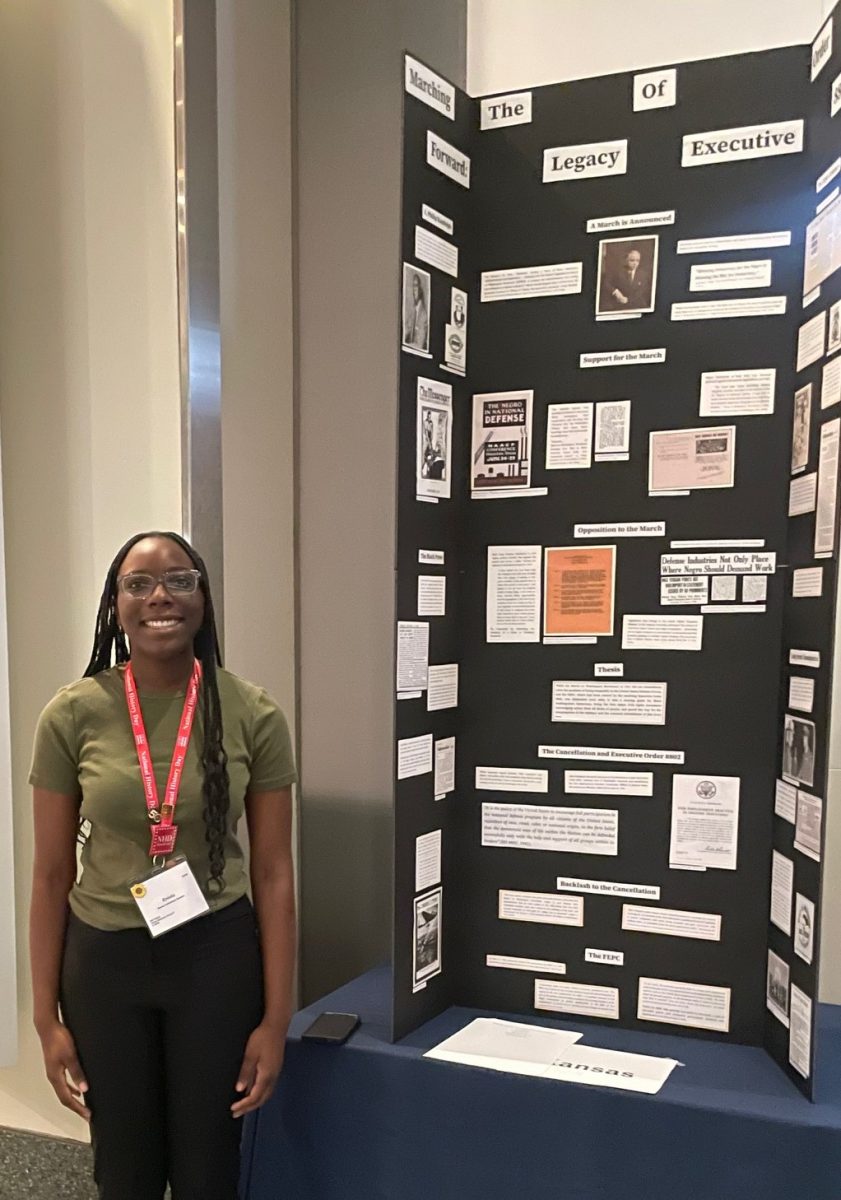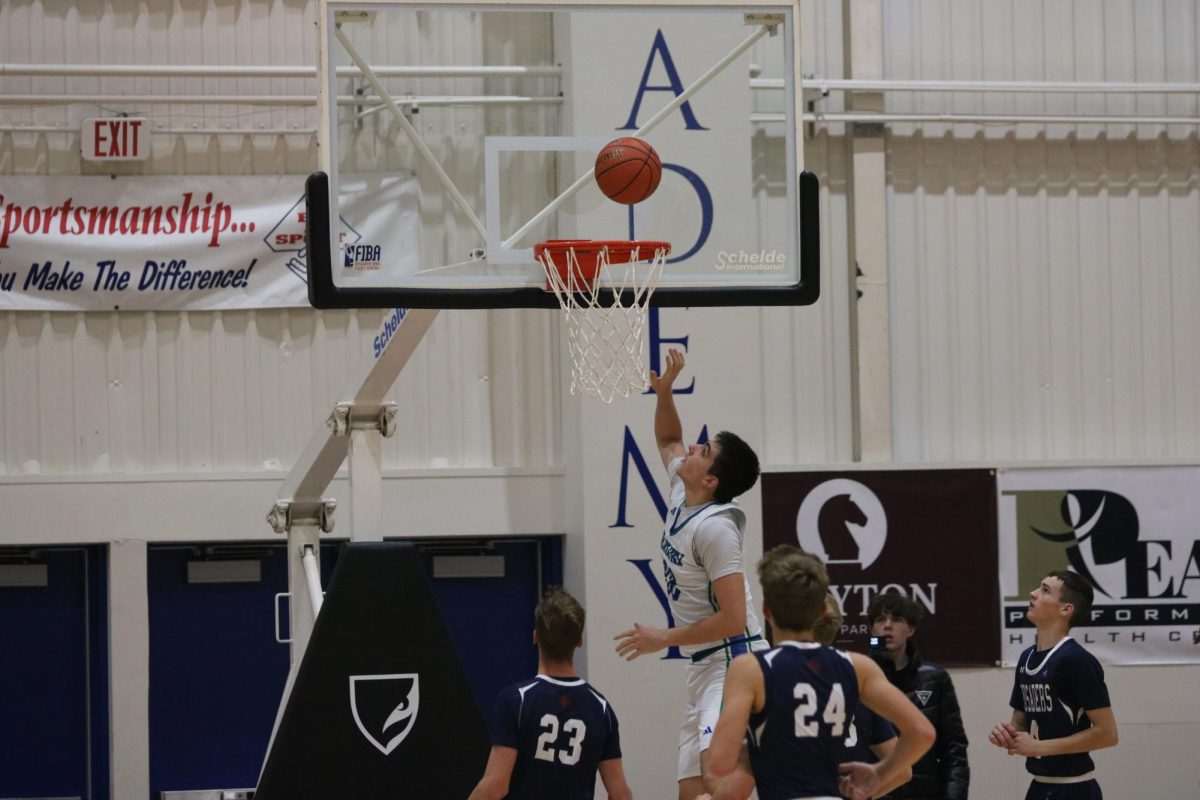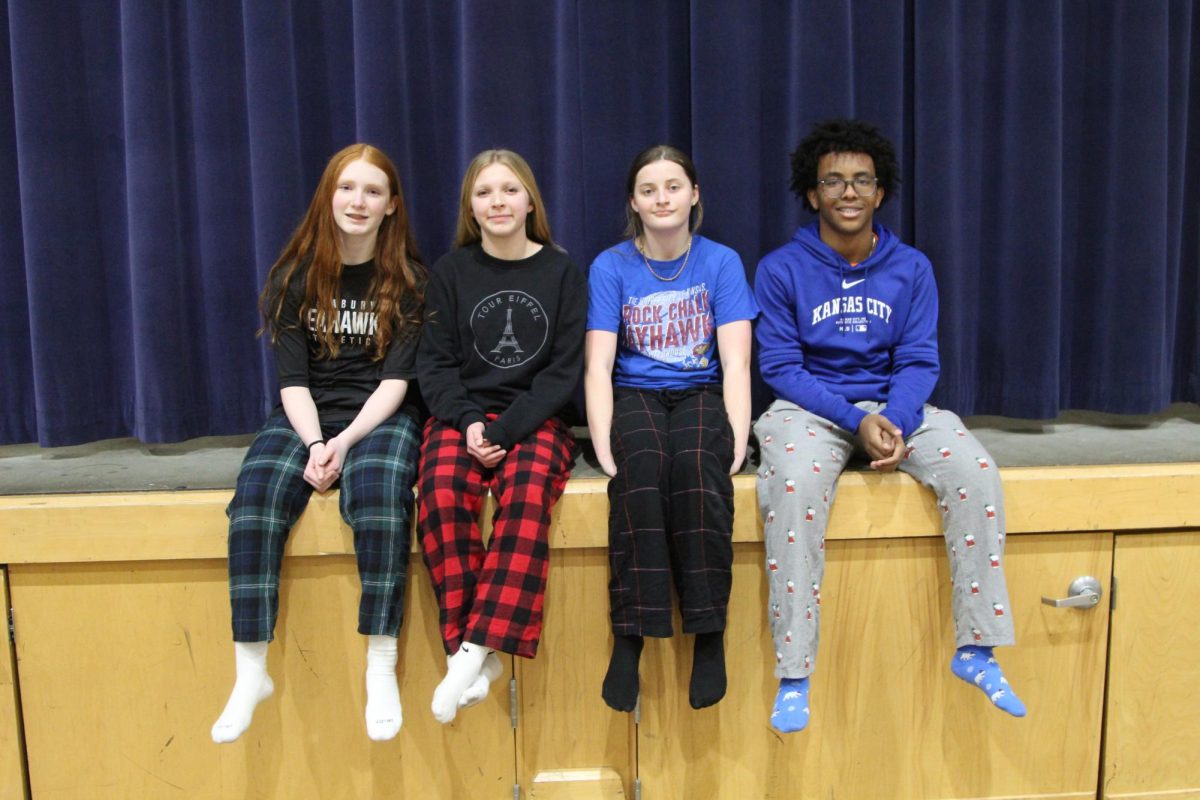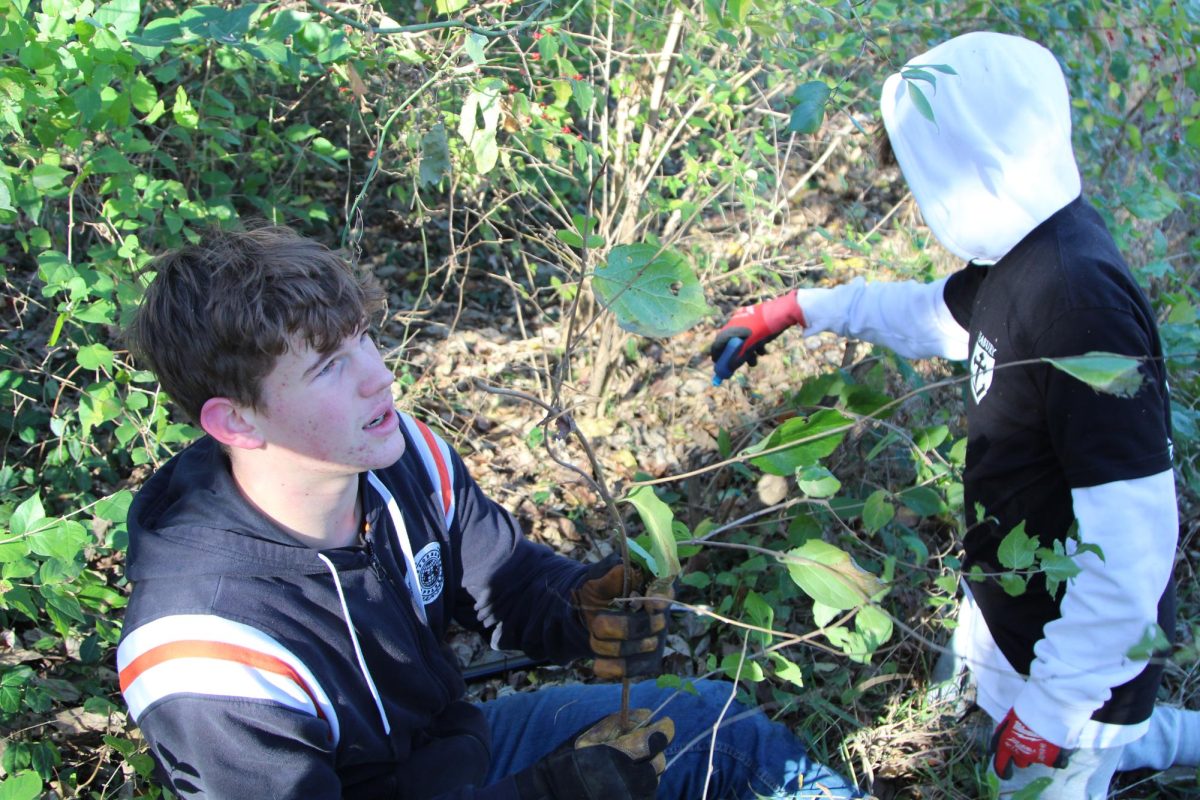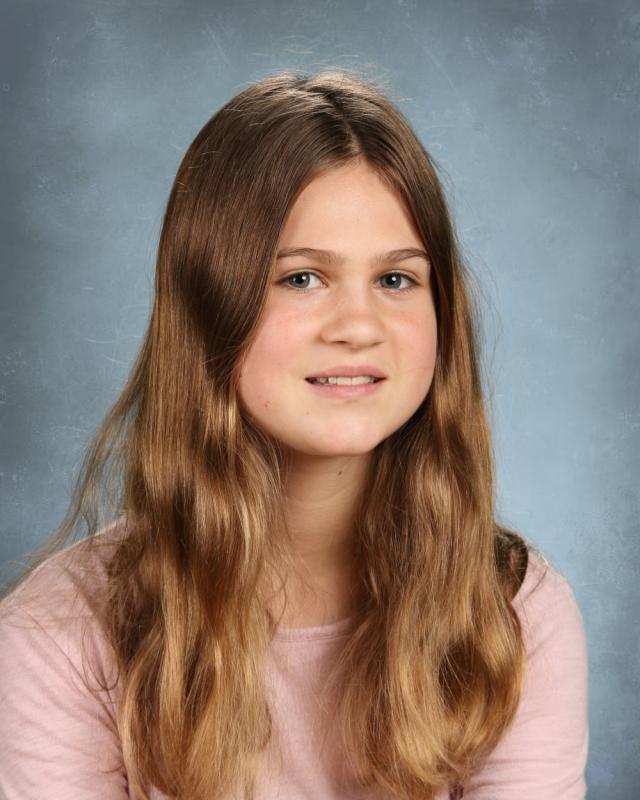No matter how much we read, write or even teach, it seems that everybody just has their “words:” words that trip us up seemingly every time we try to spell, pronounce or use them. While this can admittedly be annoying, it is important to acknowledge these words and even cast some light on them, and, of course, remember that nobody is alone in having their difficult words.
In terms of difficult spellings, freshman Eva Farmer shares, “The hardest word for me to spell [is] ‘Chronicle;’ I always think it’s with an ‘L-E.’” Her obvious confusion seems to be plenty of proof that she is not lying in her observation.
Sixth grader Thomas Cici, Seabury’s spelling bee champion, explains that, “There are a lot of words that are hard to spell, but maybe [the hardest for me is] ‘Worcestershire’ or something like that.”
Seabury’s teachers also note words that are difficult to spell, with faculty member Vanessa Eicher saying, “I have a hard time with the word ‘separate’ … The second [vowel]; sometimes I want to put an ‘E’ and sometimes I want to put an ‘A.’ And I don’t know why. You’d think I’d know it by now, but I do struggle with that one.”
Faculty member Shane Richmond also observes some words he has trouble spelling, explaining, “The hardest word for me to spell [is] probably ‘restaurant.’ Every time I do a Google search for restaurants near me, I have to look at the AutoCorrect. Math words [also], like ‘parallel.’ When I write it down, I think, ‘Is it two R’s or is it two L’s?’ … But it’s two R’s, right?”
Seahawks also acknowledge their common mispronunciations, with senior Alexandra Terry saying, “For me, this is silly, but I always say … ‘laired’ instead of ‘layered.’”
Likewise, Richmond notes, “I’ve been told I say ‘psific’ [‘specific’] wrong … as well as … ‘woof.’ Like, there’s ‘wooves’ in Colorado. So I guess I’m saying it funny.”
Instead of a specific word, Eicher explains, “I think the mispronunciations that stick in my mind the most are when I’ve mispronounced students’ names. And I know those aren’t technically the same as a word that you look up in the dictionary. But I don’t feel like I’m hurting anyone’s feelings if I mispronounce ‘septuagenarian,’ but if it takes me a while to learn someone’s name, maybe a different vowel sound than I thought or a different syllable emphasis, I just kind of cringe because I don’t want them to think I don’t care.”
Regarding words she is apt to mix up, Terry shares, “I always accidentally say white instead of yellow or yellow instead of white even though they’re not really similar.”
Cici adds, “I think when I was studying [for the spelling bee] I confused ‘acquiesce’ with ‘aqueous.’”
Farmer also recalls, “When I was a kid, I would always think ‘terrific’ meant ‘terrified.’”
In addition to observing their own common mistakes, Seahawks also notice mistakes frequently made by the student body. Eicher explains that mistakes she often sees from her students include “The word ‘cannot’ as [two] words; they want to put ‘can not,’ and they don’t realize … that it’s all one word. [Also], sometimes kids will say ‘I could’ve gone with you’ and they’ll … write it ‘O-F’ like it’s the preposition. It’s no big deal … but those are some pretty common ones.”
Cici thinks that the student body often incorrectly uses “‘literally,’ for sure [and] ‘mischievous’ because … it sounds kind of weird.”
Terry also says, “I feel like I’ve heard a lot of people say ‘cinnamon’ wrong. Like, you know, they say, ‘cimmanom.’”
Lastly, students and faculty consider English words they would like to replace in favor of a better word. Farmer would replace the word “‘Gnat,’ like the little fly. [We should replace it with] ‘tiny fly;’ like, just call them flies. They’re basically the same.”
Sophomore Evan Tangpornsin would “Probably [replace] the word ‘love,’ because it’s too broad.”
Cici, however, wouldn’t want to alter any words, as he “think[s] most of them are pretty useful.”
Eicher explains, “I don’t like the word ‘slacks’ … there’s something about the ‘K’ and the ‘L’ together in [it that] just sounds uncomfortable. [And], of course, I don’t want my students to use the word ‘different’ because it is very vague.” However, despite these few dislikes, she generally agrees with Cici, believing that, “Words are like kittens; they all have something about them that’s special. I don’t know; some of them are cuter than others. I enjoy English … I love learning new words … I just wish I heard a [wider] variety of words … So I do like to read or listen to podcasts and movies that are going to do something a little [unique].”
